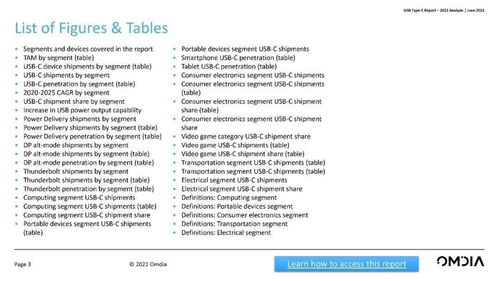
What You Should Know About Heat Pumps
Heat pumps have become increasingly popular in recent years as a sustainable and efficient way to heat and cool homes. If you’re considering installing a heat pump or simply want to learn more about this innovative technology, here’s what you need to know.
How Heat Pumps Work

Heat pumps operate on the principle of transferring heat from one place to another. Unlike traditional heating systems that generate heat, heat pumps extract heat from the outside air or ground and transfer it indoors. In the winter, they pull heat from the cold outdoor air and bring it inside, while in the summer, they reverse the process and cool your home.
Types of Heat Pumps

There are several types of heat pumps available, each with its own advantages and disadvantages:
| Type | Description | Advantages | Disadvantages |
|---|---|---|---|
| Air Source Heat Pumps | Extract heat from the outdoor air | Relatively inexpensive, easy to install | Less efficient in very cold climates |
| Ground Source Heat Pumps | Extract heat from the ground | Very efficient, stable performance | More expensive to install, requires ground loop system |
| Water Source Heat Pumps | Extract heat from a body of water | High efficiency, can use existing water sources | Dependent on water availability, may require additional equipment |
Efficiency and Savings

Heat pumps are highly efficient, often providing three times more heat than the energy they consume. This efficiency translates into significant savings on your energy bills. According to the U.S. Department of Energy, a heat pump can save you up to 30% on your heating and cooling costs compared to traditional systems.
Installation and Maintenance
Installing a heat pump requires professional expertise. The process involves assessing your home’s heating and cooling needs, choosing the right type of heat pump, and installing the necessary components. Regular maintenance, including cleaning or replacing air filters, checking refrigerant levels, and inspecting electrical connections, is crucial for optimal performance and longevity.
Environmental Benefits
Heat pumps are a green alternative to traditional heating and cooling systems. They produce little to no greenhouse gas emissions, making them an environmentally friendly choice. By reducing your carbon footprint, you contribute to a healthier planet and may be eligible for government incentives and rebates.
Considerations for Your Home
Before installing a heat pump, consider the following factors:
-
Climate: Heat pumps are most efficient in moderate climates. If you live in a very cold area, a ground source or water source heat pump may be a better option.
-
Home insulation: Proper insulation is essential for maximizing the efficiency of a heat pump. Ensure your home is well-insulated to retain heat in the winter and cool air in the summer.
-
Space: Heat pumps require outdoor space for installation. Make sure you have enough room for the unit and any necessary components.
Conclusion
Heat pumps offer a sustainable, efficient, and cost-effective solution for heating and cooling your home. By understanding how they work, the different types available, and the factors to consider, you can make an informed decision about whether a heat pump is the right choice for your needs.






